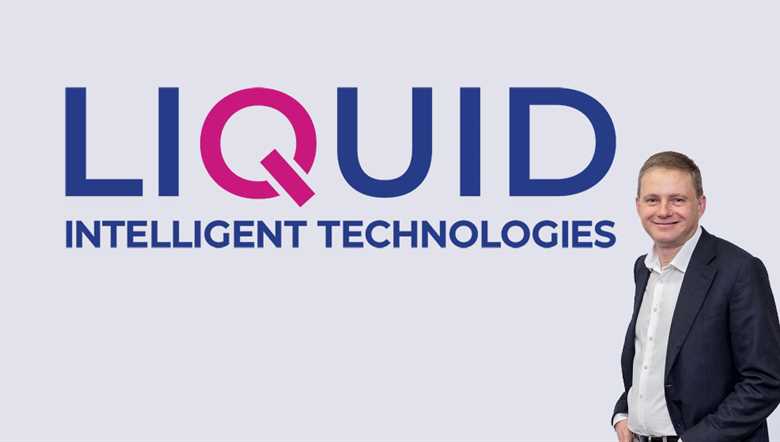Liquid to increase tariffs by 50 pc
PAN African technology firm, Liquid Intelligent Technologies, has announced the intent to adjust tariffs by another 50 percent with effect from April 1, 2023.
The latest development follows a similar 50 percent industry-wide tariff increase approved by the Postal and Telecommunications Regulatory Authority (Potraz) last month.
A subsidiary of Cassava Technologies, Liquid in a public notice said the tariff changes are as a result of a substantial increase in its business operating costs that were growing at a rate poised to outpace service delivery.
“This is a reminder that the second tariff that Potraz approved an industry-wide 50 percent tariff increase in February and another 50 percent effective April 1, 2023 for products and services,” the company said yesterday.
The technology company has established itself as one of the market leaders in connectivity and internet service providing, innovation and smart technology.
“While working to enhance your customer experience, we acknowledge the impact this will have on you as our valued client.
“We remain committed to continuously improve on our service delivery and enhance customer experience,” said Liquid.
Recently, the firm joined forces with Microsoft to bring the internet to more than 20 million under-served African communities and constantly seeks to follow business avenues which enhance its quality of services.
Liquid, which is owned by Zimbabwean business mogul, Mr Strive Masiyiwa, continues to expand under his leadership and presently has operations in more than 20 countries primarily in sub-Saharan Africa.
Following the 50 percent tariff adjustment in February, Econet Zimbabwe said while the tariff reviews sought to align operating expenses with the prevailing inflationary operating environment, they still remained below the inflation rate in the economy.
In recent months, the country’s annualised inflation rate has been climbing down on the back of the Government policy reforms with the Zimbabwe National Statistics Agency in January this year indicating that the local currency inflation rate stood at 229,8 percent from the December 2022 rate of 243,8 percent.
Meanwhile, in the 2023 Monetary Policy Statement, the Reserve Bank of Zimbabwe recommended the shift to the currency-weighted consumer price index, reflecting that blended inflation rates give a more precise picture of what is transpiring in the real Zimbabwean economy than dependence on a single currency rate, either US dollars or Zimbabwe dollars, would otherwise provide.
However, the Confederation of Zimbabwe Industries has indicated that the dual currency nature of the economy means that the economy needs two inflation rates.-ebusinessweekly











